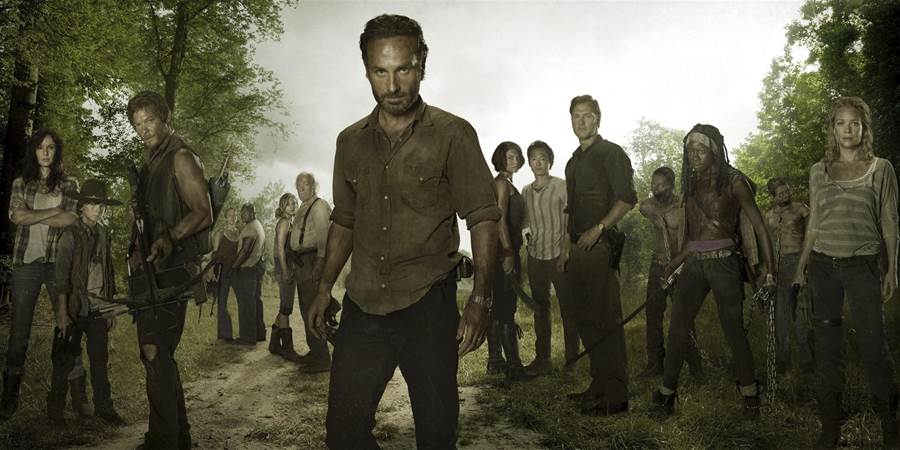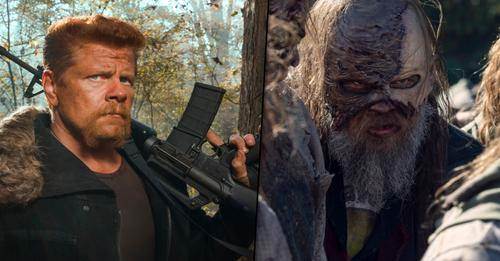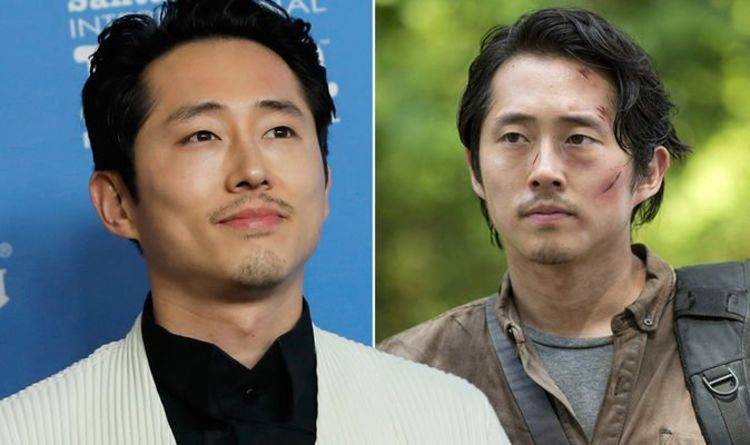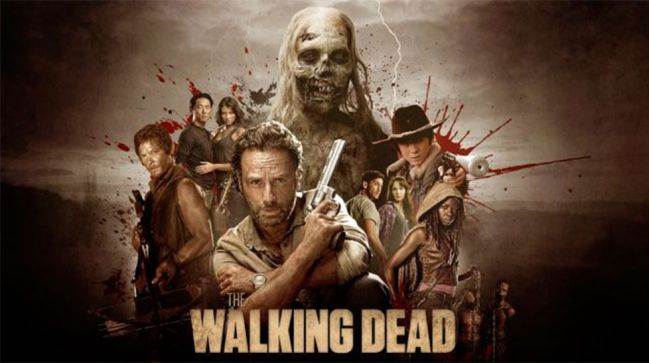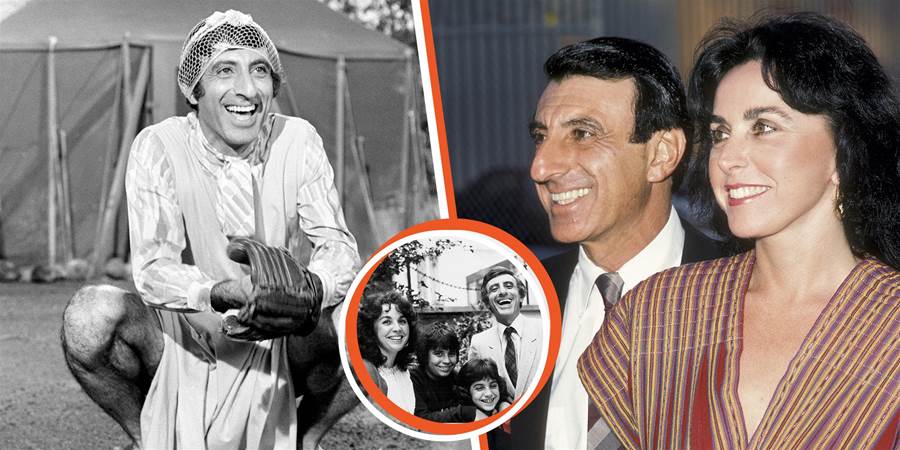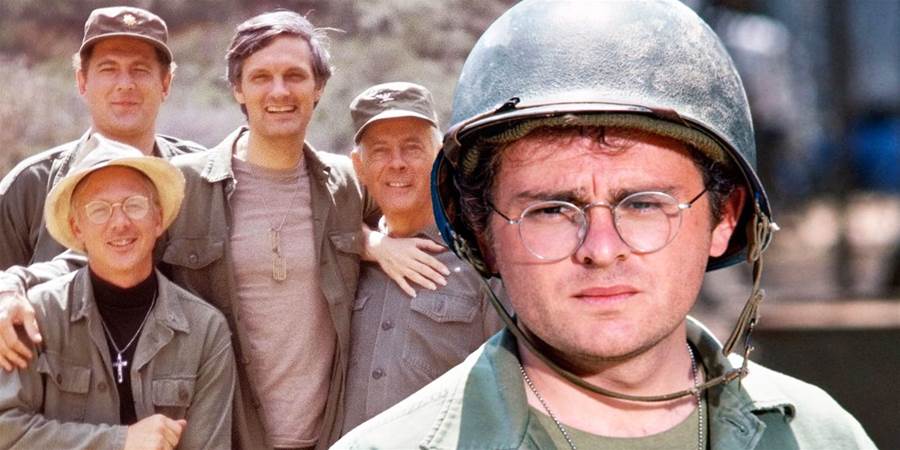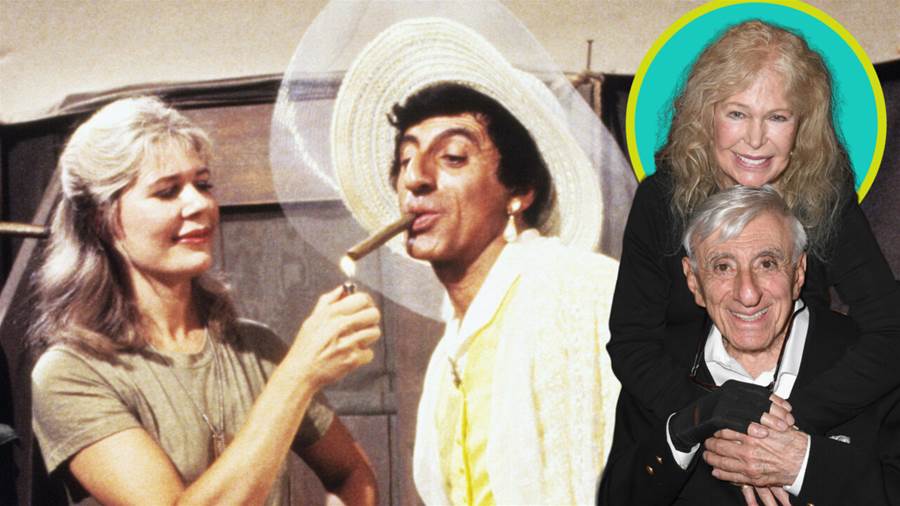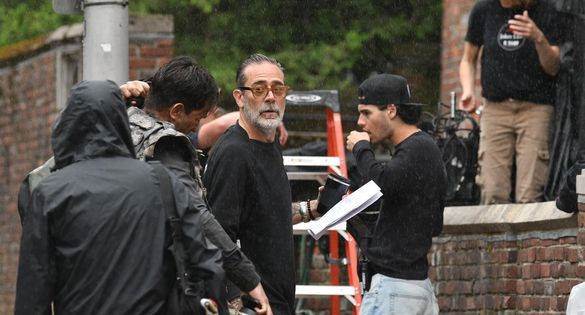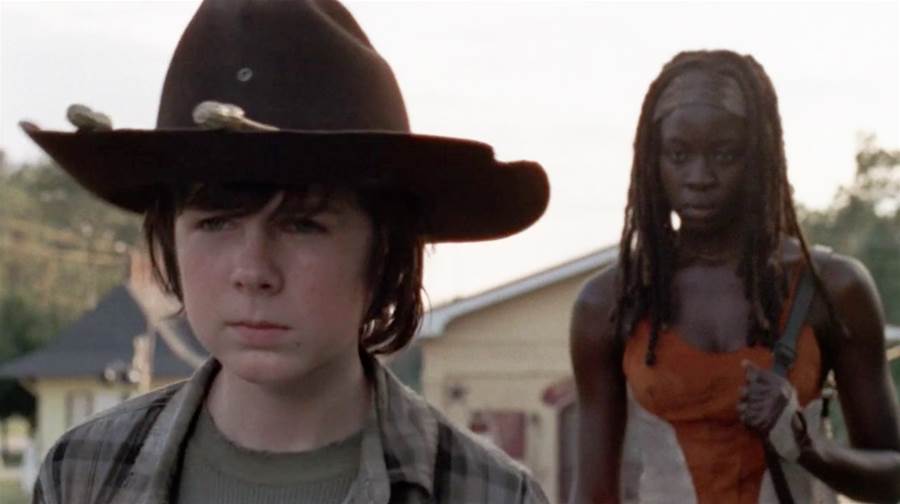
A funny thing happened a few months ago: Despite the dozens of other TV shows I needed to catch up on, I decided to watch all of CBS' new series SEAL Team. Okay, maybe that's not funny ha-ha, but that's the kind of funny that comes with procrastination, at least when writing about television is your profession. Before that point, I had considered watching SEAL Team just for the cast (which included The Originals' Daniel Gillies, even though the trailer made it clear that his character was killed off early in the season). experiment). But since I'm not invested in this particular sub-genre—especially after the failed military series Brave (NBC) and Valor (The CW)—and am not eager for a dark, heavy TV show added to my queue so I don't expect to stick with the series for long.
Here's the thing: I ended up loving SEAL Team. At first, I was only really attracted to one aspect of the show: Dita the Hair Missile, who plays Bravo Team K9 Cerberus officer on the show. After seven or eight episodes, I could finally see that this series was about something—how this heroic creation can be crushed physically, mentally, and emotionally, as well as how As useful as talking your way through problems is, it's basically the opposite of what you'd expect from the series. By the end of the season, I really cared about each Team Bravo member's problems, whether it was PTSD, their physical health, or hoping their lover didn't forget them during deployment.
Livelier and more confident than most early-season shows, SEAL Team even does a good job of making you care about the peripheral characters, perhaps because it covers so much that it covers the most important. home and deployment part.
Yet for all its other achievements, SEAL Team operates on the strength of David Boreanaz as its leader. In fact, since the fall of 1997 – after reappearing in the first season of Buffy the Vampire Slayer that same spring – David Boreanaz has been a regular character (and especially the male lead) in the show's annual television series. There is no such thing as "always" on television… unless you are David Boreanaz.
That's 21 years of a multi-season series, no less, no cancellation after one season – which isn't exactly "normal." (Remember, this is an actor whose backstory ensures this doesn't happen while he's walking his dog.) In theory, this could be pure luck, but Boreanaz is clearly a of the motivating factors, if not otherwise. driving factor of the series in which he starred. In Buffy, it's one half of the Buffy/Angel relationship; in Angel, it is the crew's champion and leader in their fight toward redemption through helping the helpless; in Bones, he's one half of the central will-they/won't-they fish-out-of-water relationship.
Now, in SEAL Team — in which his character, Jason Hayes, struggles as a husband, father and leader of SEAL Team One — Boreanaz continues that pattern. He left a big mark on television throughout his career.
Boreanaz has never been away from TV long enough for anyone to remember him: The longest stretch between his roles was from the end of Angel, in the spring of 2004, to the premiere of Bones, in the spring of 2004. fall 2005. Perhaps this is why, as far as actors in the Buffyverse (and the Whedonverse as a whole) go, Boreanaz has always been considered middling. If I had a dime for every time someone told me they never watched Angel because Angel was a "boring" character in Buffy and/or because Boreanaz lacked dynamism, I would have enough money to skip writing this work.
There's also the (related) argument that Boreanaz's series itself is "average," but that's an insult to the impact Angel and Bones had on their respective genres and on all media, not to mention their longevity. SEAL Team is still in its infancy but is off to a similarly strong start. This begs the question: What is it about David Boreanaz that compares to success in the world of (network) television?Boreanaz's career trajectory is said to be comparable to another WB heartthrob, Joshua Jackson, who went from Dawson's Creek to Fringe to The Affair – albeit with a longer break than any Boreanaz ever – while still maintaining a healthy career.
(To be fair, Jackson's work has taken more creative risks – not counting the risks that Bones eventually took, such as the Sleepy Hollow crossover.) With Jackson, however, to this day today, I can still consider him a swooning heartthrob. concludeFrankly, his looks as an actor, his once-admired status, are not and cannot be the sole explanation for his long and prolific career.
As someone who prefers Angel to Buffy—I know that's a controversial opinion—and not just because of Boreanaz, I've thought a lot about Boreanaz as a lead. One of Angel's best qualities – and one that is essential for long-term survival – is that it represents many aspects of Angel's personality.
Not just the brooding loner who must atone for his sins (which the show finds a way to address and make fun of), but also the vain version of him, the rude version, the Mr. old, even the literal father version. Boreanaz clearly enjoyed the moments he was able to play these other Angels, and it ultimately showed that he could bring much more to the table as an actor. (There's also the part where Angelus, in Angel, is basically Boreanaz's real-life personality turned up to 11, as opposed to Buffy's more calculating Angelus). But even such skills — which you'd hope his own series' lead had — aren't enough to explain the longevity of a career, right?


